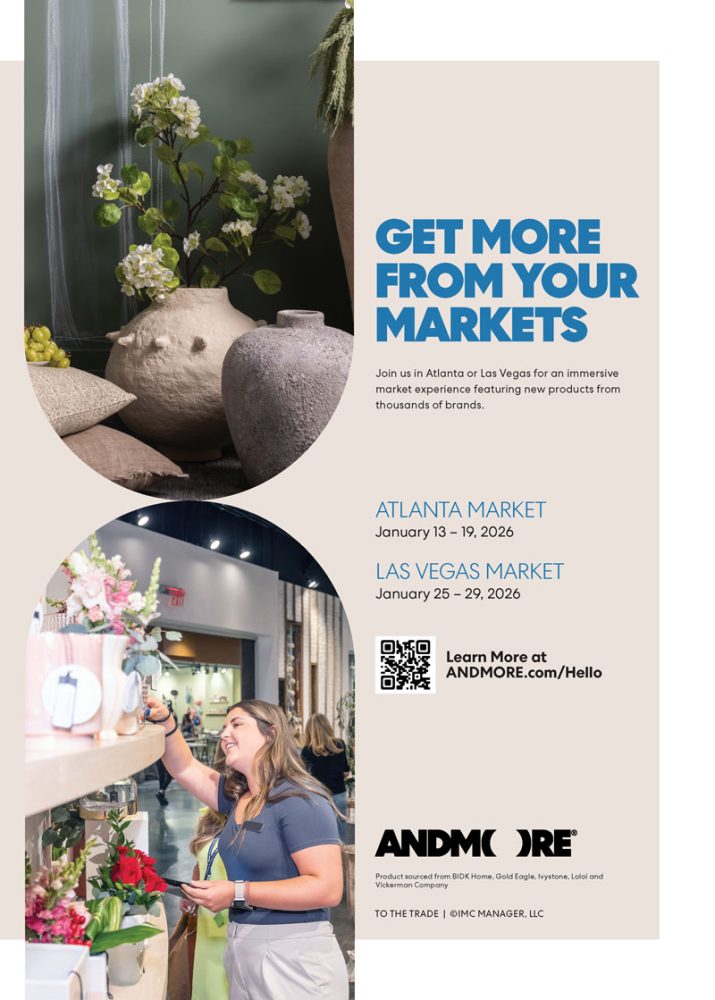Heather Quinlan and Adam McGovern, a couple from Parsipanny, New Jersey, intended to marry in October, amid family and friends. But as covid-19 outbreaks swept through America, that looked unrealistic. “We decided that, since we had no idea when the actual, traditional ceremony would take place, there was no time like the present,” says Ms Quinlan, a writer who, fittingly, has just finished a book about pandemics. Looking for alternatives, they settled on Zoom, the video-calling software that in lockdown has facilitated everything from work meetings to birthday parties. Mr McGovern contacted Parsippany’s mayor, Michael Soriano, who in turn spoke to New Jersey’s governor. He signed an executive order allowing civil marriages to happen remotely. The marriage license was then mailed back-and-forth to witnesses. The couple were married in their home on May 20th by Mr Soriano, dialling in from his office.
In normal times, weddings are big business. Worldwide, the industry is estimated to be worth $300bn a year. Each wedding feeds a constellation of businesses, from caterers and photographers to florists and entertainers. International “destination weddings”, as well as stag and hen parties, are a boon to the travel industry. Those in the wedding business often boast that it is “recession-proof”: people will always want to celebrate getting married. But it is not pandemic-proof. Couples have been forced to choose between delaying their nuptials and finding new ways to wed.
In some countries, disruption began before official restrictions were imposed. An estimated 80% of the world’s wedding gowns are made in China, and those made elsewhere are often reliant on Chinese fabrics and materials. In February, as China closed factories to try and curb coronavirus outbreaks, brides in America and Europe found themselves suddenly dress-less. By April, most nations had instituted lockdowns. Bans on people gathering put paid to conventional weddings: the average American nuptials are attended by 140 guests, according to The Knot, a wedding planning website).
For those set on a big day, the only option is to postpone. Katrina Otter, a planner of luxury weddings in Britain, says that almost all the couples on her books with spring or summer weddings have deferred them until 2021. This is hard on vendors and suppliers, many of whom are self-employed, but the most entrepreneurial have adapted: florists switch to deliveries of flowers and produce; photographers do socially-distanced family portraits; Ms Otter has been training other wedding planners.
Drought now may lead to deluge later. Ms Otter notes that demand for wedding dates next year has rocketed; many venues are already booked up from April to October. (More people may end up marrying on Sundays and weekday weddings.) In post-lockdown China, couples have rushed to wed. On May 20th, China’s own Valentine’s Day, more than 200,000 would-be-weds registered for marriage licences. In the eastern province of Anhui, registrations were up 47% from the same day last year.
Some couples won’t wait. Many of India’s 12m annual weddings are scheduled for astrologically auspicious dates. Plenty fall in the autumn but there is also […]
Source: Essential services Covid-19 has stalled the wedding industry























